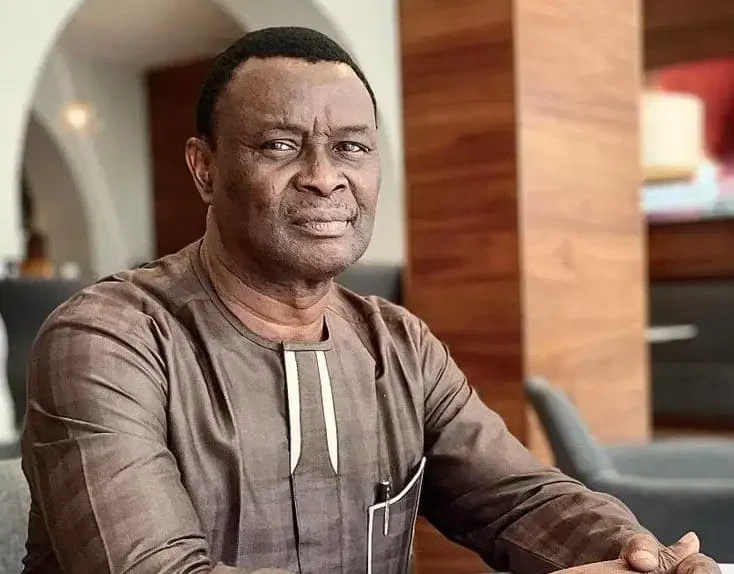Chief Justice of Nigeria (CJN), Olukayode Ariwoola, has urged court administrators to ensure they always develop strategic plans that align with institutional objectives in the course of duty.
He gave the charge at the opening of a hybrid national workshop on court management and administration for chief registrars, heads of judicial service committees, as well as directors and deputy directors of the judiciary.
Themed, “Nurturing high standards of performance for better service delivery,” the workshop was organised by the National Judiciary Institute (NJI) to assist managers in improving the court system and services.
Represented by Justice Emmanuel Agim of the Supreme Court, the CJN attributed the poor justice delivery in the country to ineffective and lack of proper management of the various courts.
According to him, without efficient and effective management of the various courts, an effective justice delivery will continue to elude the country.
He, therefore, urged court heads, managers and administrators to continuously uphold the code of conduct for staff to enhance service delivery.
Ariwoola stressed that court administrators’ relationship with judges is key to the success of their respective courts. The CJN advised: “Court managers must be respectful, cordial, and transparent in their dealings with judicial officers, who rely on their support.
“Cooperation is key. Ensure you lighten the burden of the court by performing your duties efficiently and in line with global best practices.”
In his welcome address, the Administrator of NJI, Justice Salisu Garba, stated that as society evolves, it is essential for the services of the court to keep pace with developments.
This alignment, he said, becomes necessary to meet modern realities, hence the need for the workshop.He observed that in the last quarter of the 20th century, Information and Communications Technology (ICT) began to play an increasingly significant role in the society, stating that this technological revolution has forced judicial systems worldwide to modernise their traditional operations by adopting new techniques and innovations. Garba informed participants that they would receive relevant information on ICT tools essential for improving court services.

 5 months ago
54
5 months ago
54















 English (US) ·
English (US) ·